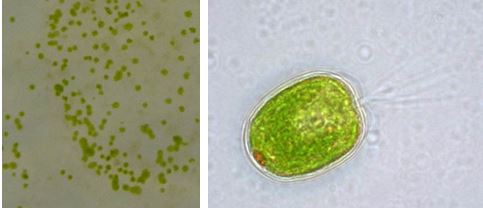
An exciting algae strain has been discovered at The Sahara Forest Project’s pilot facility in Qatar. It is now being analyzed at Duke University in North Carolina, United States. PHOTOS: Nicholas School of the Environment, Duke University
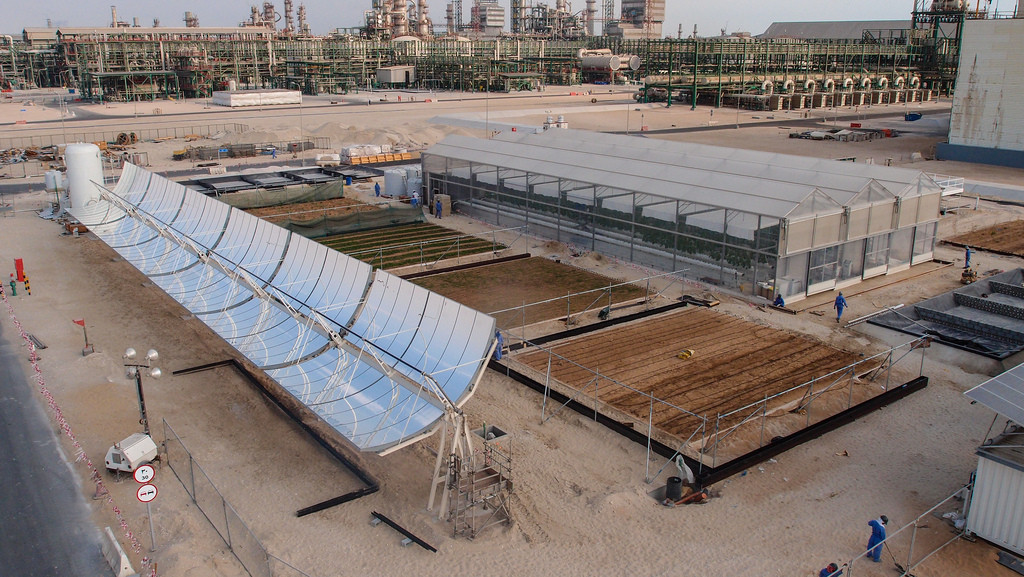
The Sahara Forest Project’s pilot facility in Qatar became home to an unexpected algal resident. The discovery can be a first step to large-scale algae cultivation in new regions of the world.
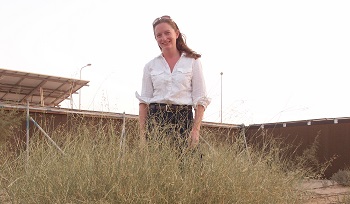
The Sahara Forest Project pilot facility in Qatar is a partnership between Yara International ASA, Qatar Fertilizer Company (Qafco) and The Sahara Forest Project.
The exciting algae strain, discovered last summer, is now being analyzed at Duke University by Professor Zackary Johnson as part of a U.S. Department of Energy collaboration to develop algae production for biofuels and animal feeds. If that analysis shows that, in addition to having high tolerance to heat and salt, the algae are fast growers suitable for biofuel production, the strain could open new regions of the world to large-scale algae cultivation.
“The careful research that will give us a full understanding of the strain and its potential is just beginning, and we look forward to learning more in the coming year”, says Virginia L. Corless, Science & Development Manager of The Sahara Forest Project.
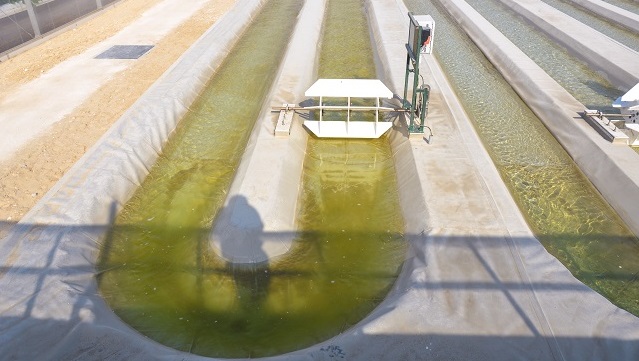
Next generation biofuels?
Marine microalgae grow prolifically in the world’s oceans and seas. Their ability to grow very quickly without using any freshwater, make them a promising candidate for next generation biofuels that can replace fossil fuels for planes, ships, trucks, and cars on large scales without competing with global food production.
Algae cultivation is a part of the Sahara Forest Project’s saltwater infrastructure, and three specially-built ponds were put in service at the pilot to cultivate species already identified as having promise for commercialization.
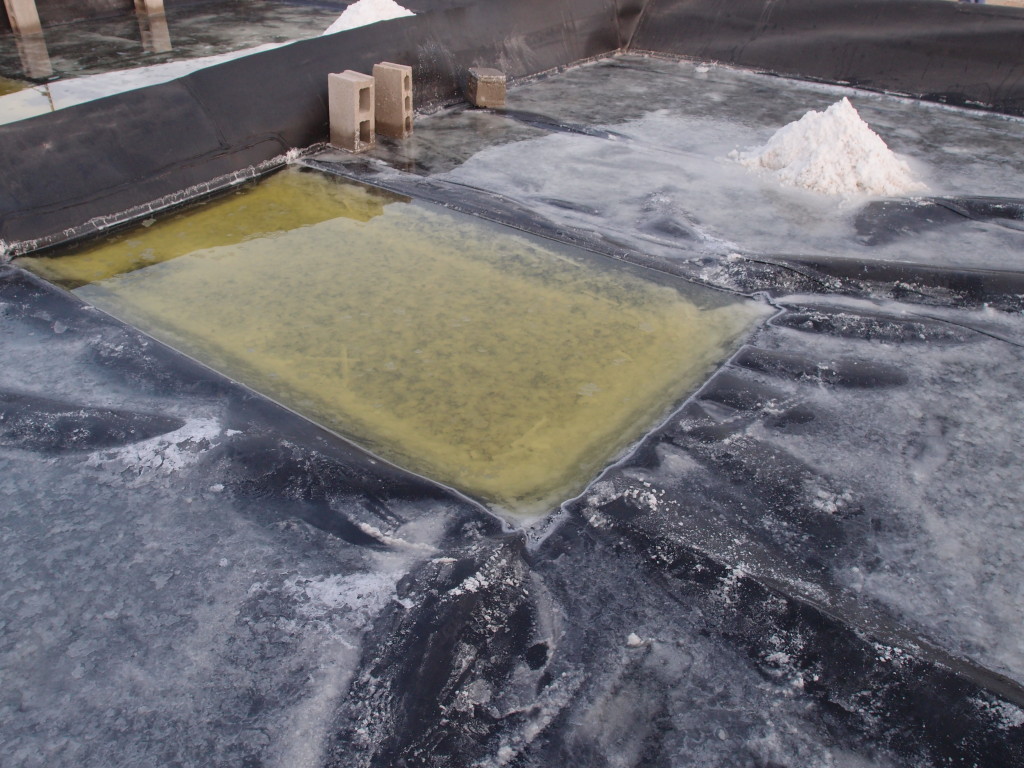
Unique synergies
The serendipitous algae discovery at the Sahara Forest Project’s pilot facility in Qatar is a prime example of the innovation that arises from bringing together systems and scientists from different disciplines. Without the presence of scientists with expertise in algae, the bloom would not have been taken note of nor the algae collected for analysis; and without the requirements of the Sahara Forest Project’s greenhouses and solar desalination systems for saltwater-based cooling, the salt ponds would never have been built at the facility.
The integrated Sahara Forest Project system created the unique combination of an environment that is a good home to both this unusual algae strain and the scientists who could understand its significance.

